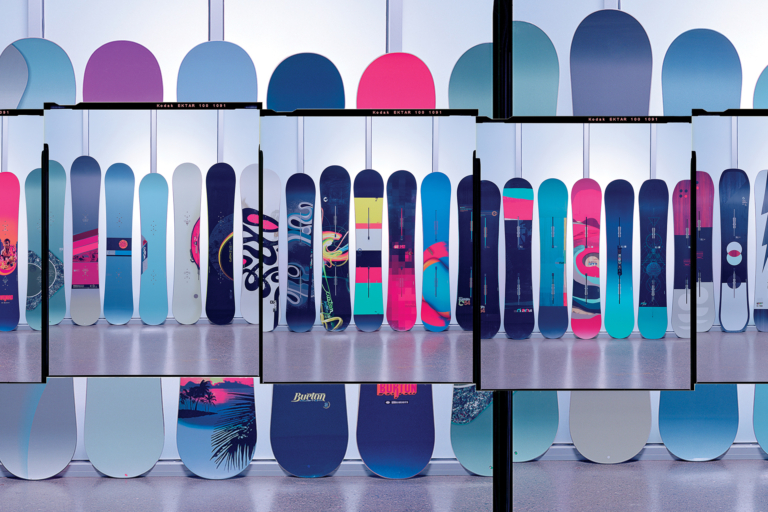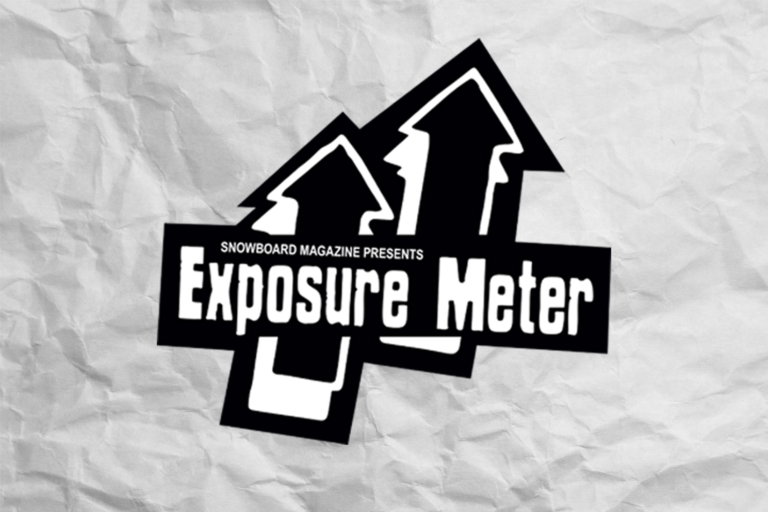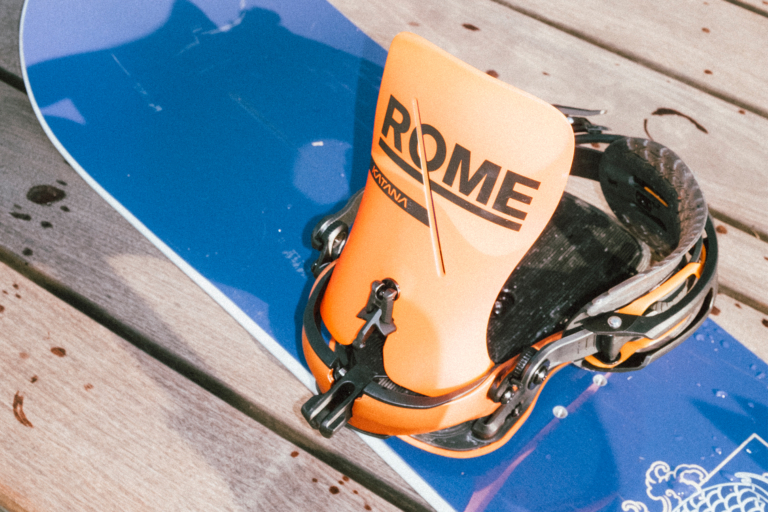Last week we sent out a short questionnaire to a handful of brands to shed some light on what all the big news stations have been covering around the clock. So what is going on with tariffs? With daily changes coming out of the White House on a seemingly minute-to-minute cadence and different numbers being tossed around, it is hard to tell. We just wanted to know if boards are going to be more expensive next year. And since we aren’t global economic experts, but the snowboard industry is a multi-border endeavor, we reached out to a few brands for their take. From brands that are American-made, source materials from all over the world, or have factories/production in countries currently targeted in the current “trade war”, answers were pretty similar. Most just said it is too early and too volatile to predict or comment, but agreed some sort of change will have to be made if the policies remain the same. A few luckily gave us their current thoughts. Copy and pasted from our email conversations below.

“We are still assessing this new tariff situation. If the current tariff levels remain in place, we know that changes will have to be made. How broad and at what levels are still yet to be determined. We know that any reactions we make will have a lasting impact on the future of our business, our retail partners, and the snowboard community. Our goal is always to make our gear as accessible as possible to snowboard consumers. We are considering every scenario to find the best way through this.” – Salomon’s Senior Commercial Manager, Jeff Fox
“We’re not planning on make any changes for now and until we see how things ultimately settle in. We’re not feeling a need to be reactive at this stage.” – Matt Patti, Arbor Snowboards
“Uncertainty is the main issue right now, especially with the latest threats today after China put on reciprocal tariffs. Once things settle, there will be a correction while everyone accepts the new reality of product prices. We make everything in China, but I can imagine the Vietnam tariffs are more problematic for the outerwear industry. It will get more expensive for snowboarders in the USA… that is for certain.” – Max Jenke, Endeavor Snowboards

“My name is Nicholas Gilson, and I’m the CEO and founder of Gilson Snow—an American company building premium snowboards and skis here in Pennsylvania. We’ve shipped to over 50 countries around the world, and we are deeply committed to our roots in PA. At GILSON, we are focused on American innovation, and we are committed to the strengthening of our American workforce. We operate at the intersection of emerging manufacturing technology and a thriving hardwoods industry here in Pennsylvania. No matter where you fall politically, most of us agree on the value of making things in America and creating high-quality jobs here at home. We all want to support American Innovation and American jobs that strengthen our families and communities. I understand the intention behind tariffs in protecting American manufacturing, but in actual practice on the ground level, there are adverse side effects. When hardwood suppliers in our ecosystem, for example, are negatively impacted by tariffs and then retaliatory tariffs, their export business is hurt, which slows cash flows, increases prices for American customers, and has ripple effects throughout our economy.
If our suppliers aren’t healthy, it’s going to be hard for us to be healthy too. We live in an extraordinarily interconnected ecosystem. Tariffs on imported materials—especially timber and specialty woods—impact companies like ours in very real ways. They raise input costs, strain supply chains, and make it harder for American manufacturers to compete with foreign competitors. Beyond the cold economics, I also want to recognize that these tariffs are having an impact on the perception of American made goods. “American Made” has come with a certain prestige that is getting undermined by these policies. For example, there are now boycotts in Canada against America made goods, a market where we formerly shipped 50% of all our exports. These actions are changing the global perception of what it means to be American made, and these shifts in consumer perception impact all of us. I think almost all of us can get behind the idea of supporting American innovation, American Jobs, strengthening communities and strengthening families.
I appreciate Governor Shapiro’s commitment to Pennsylvania’s working families and businesses. We share the goal of supporting and growing a thriving manufacturing ecosystem in our state— and that means looking closely at how policy, including trade policy, affects businesses on the ground. I’m hopeful that with open dialogue between business leaders and policymakers—at the state and federal level—we can craft smarter strategies that protect American workers, foster innovation, and strengthen our economy.
This is about ensuring the future of American manufacturing remains strong, agile, and competitive on the global stage. At the end of the day, we all want the same thing: good jobs, strong communities, excellent products, and pride in what we build together.” – Nick Gilson, Gilson Snowboards, from his public address with Governor Shapiro.






